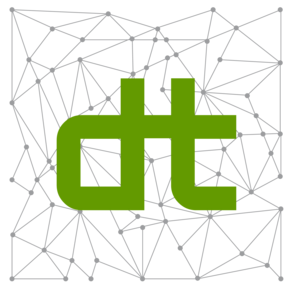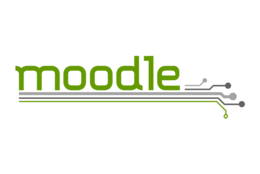Seminar - Managing Digital Projects
| Study profile: | Master / Business C: Digitization & Entrepreneurship |
| Modul: | Digitale Transformation IV |
| Lecture: | Managing Digital Projects |
| Lecturer: | Manuel Wiesche, Lisa Gussek, Katharina Wahl |
| Size / Credits: | 7,5 Credits |
| Date and location: | Thursday, 8:30 - 10:00, P1-05-310, starting April 11th On 11th April we start at 8:15! Workshop on 18th April 8:30 - 13:00, P2-05-416 |
| Application procedure: | online in the main faculty application procedure in addition to your online application, please send your resume and a recent grade transcript to the secretary's office (dt.wiwi@tu-dortmund.de). |
| Deadline term paper: | August 16th |
| Presentations: | July 11th |
| Language: | English |
Content and Schedule
The last two decades have seen considerable changes in the information technology (IT) landscape. This has been driven by the rise of data-driven machine learning (ML) and artificial intelligence (AI) technologies (Janiesch et al. 2021), the prominence of increasingly digital business strategies (Bharadwaj et al. 2013), which rely on digital innovation in almost any industries (Vial 2021), the changing role of IT in general, where the ubiquity of IT leads to an ontological reversal (Baskerville et al. 2020), and profound changes in the way people in IT and business work together (Urbach et al. 2019). This increases the importance of approaches to managing digital or IT projects.
In this course, students will learn how to manage digital projects. This course is divided into two parts. In the first part, students will learn the fundamentals of managing digital projects through case studies prepared and discussed in class and through a hands-on workshop for agile development, the de facto standard approach to systems development in industry (VersionOne 2022).
In the second part, students will apply this project management knowledge to a real-world digital project. With a detailed understanding of digital project management, students will manage their own digital project as a group. Therefore, the students will create a project plan for a digital project. Groups will be provided a budget to hire development experts of their choice for the implementation phase. At the end of the class, the groups will present their results in class and hand-in a report that covers their project and their reflection of their methodological approach.
For this course, no programming skills are required. We will consider requests for group composition.
Selected literature
- PMI (2008): A Guide to the Project Management Body of Knowledge, 4th edition, 2008.
- Riedl, R. (2019). Management von Informatik-Projekten. In Management von Informatik-Projekten. De Gruyter Oldenbourg.
- Satzinger, J. W., Jackson, R. B., & Burd, S. D. (2015). Systems analysis and design in a changing world. Cengage learning.
- Baskerville, R. L., Myers, M. D., and Youngjin, Y. 2020. "Digital First: The Ontological Reversal and New Challenges for Information Systems Research," MIS Quarterly (44:2), pp. 509-523.
- Bharadwaj, A., El Sawy, O. A., Pavlou, P. A., and Venkatraman, N. 2013. "Digital Business Strategy: Toward a Next Generation of Insights," MIS quarterly), pp. 471-482.
- Janiesch, C., Zschech, P., and Heinrich, K. 2021. "Machine Learning and Deep Learning," Electronic Markets (31:3), pp. 685-695.
- Urbach, N., Ahlemann, F., Böhmann, T., Drews, P., Brenner, W., Schaudel, F., and Schütte, R. 2019. "The Impact of Digitalization on the It Department," Business & information systems engineering (61:1), pp. 123-131.
- VersionOne. 2022. "The 16th Annual State of Agilev Report." Retrieved 07-12-2022, 2022, from stateofagile.com
- Vial, G. 2021. "Understanding Digital Transformation: A Review and a Research Agenda," Managing Digital Transformation), pp. 13-66.



